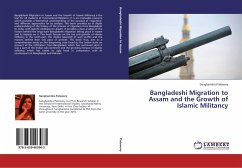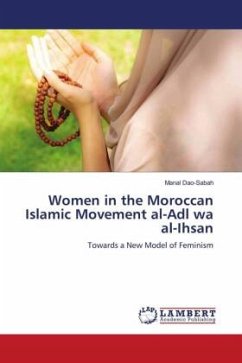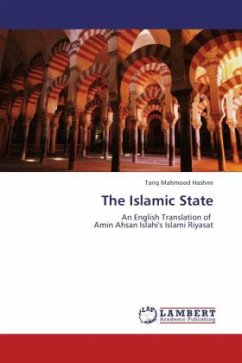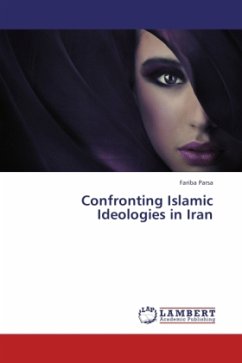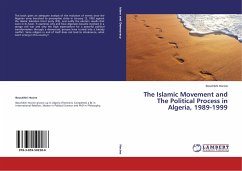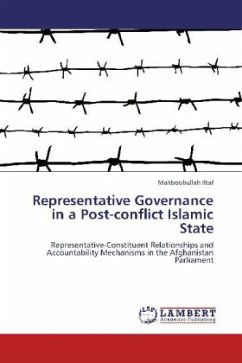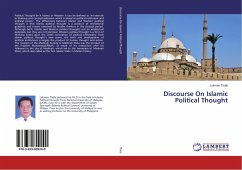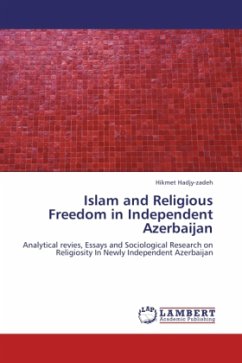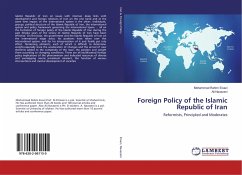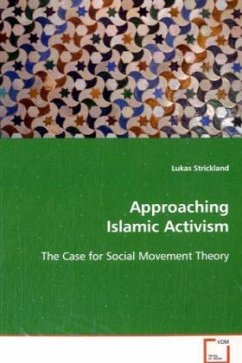
Islamic Religious Instruction in German Public Schools
A Comparative Case Study of Five German States
Versandkostenfrei!
Versandfertig in 6-10 Tagen
32,99 €
inkl. MwSt.

PAYBACK Punkte
16 °P sammeln!
As Islam has become more predominant in Germany in the last sixty years, Germany has questioned if and how Islamic religious instruction should be incorporated into state education curriculum. This research first examines why a general discussion on a need for Islamic religious instruction has emerged in the last forty years in Germany. This is found to be a consequence of (a) Germany s history of National Socialism and a need for an institutional balance between politics and religion; (b) the history of the Turkish guestworker program of the 1960s and 70s; (c) the importance of education and ...
As Islam has become more predominant in Germany in the last sixty years, Germany has questioned if and how Islamic religious instruction should be incorporated into state education curriculum. This research first examines why a general discussion on a need for Islamic religious instruction has emerged in the last forty years in Germany. This is found to be a consequence of (a) Germany s history of National Socialism and a need for an institutional balance between politics and religion; (b) the history of the Turkish guestworker program of the 1960s and 70s; (c) the importance of education and religion and therefore religious instruction as a means of integration; and (d) the political and religious responses to these factors. (2) The second question is why the inclusion of Islamic religious instruction differs from state to state in Germany. An examination of four models of Islamic religious instruction in the five German states of of Bavaria, Baden-Württemberg, Hamburg, Hesse and North Rhine-Westphalia, reveals that the difference in models is a result of the political opportunity structures and historical repertoires among states.



